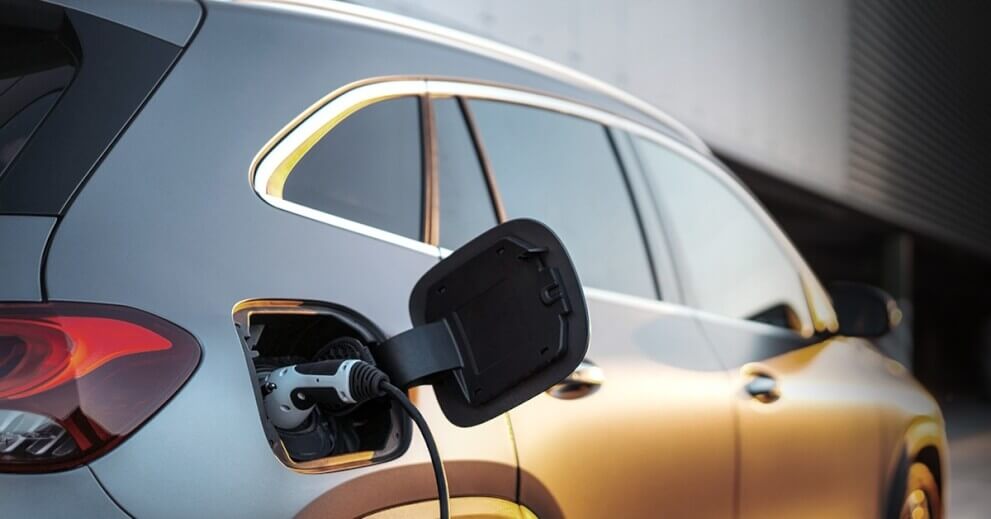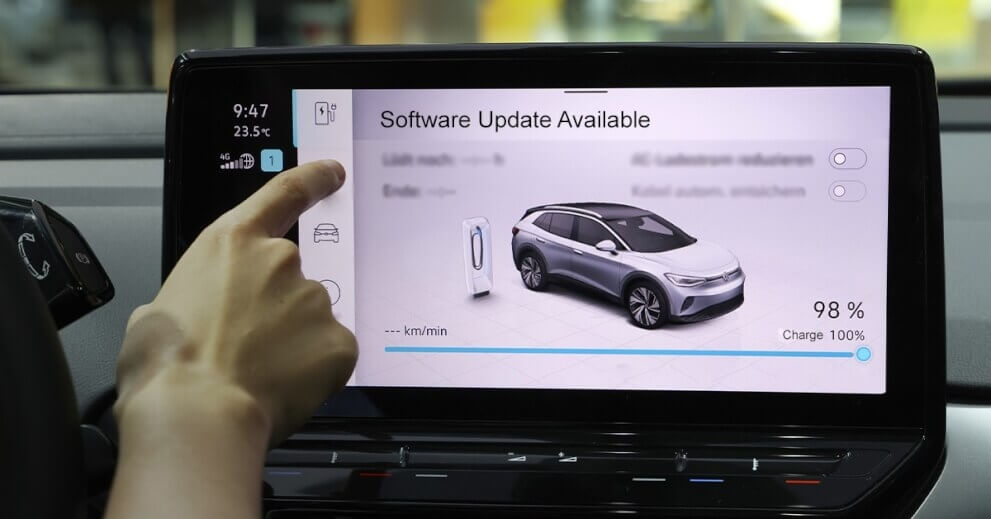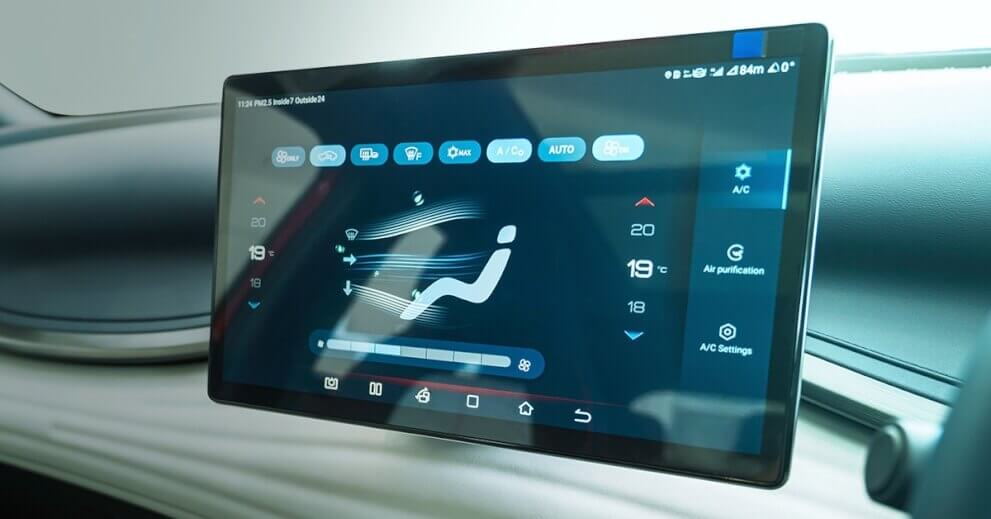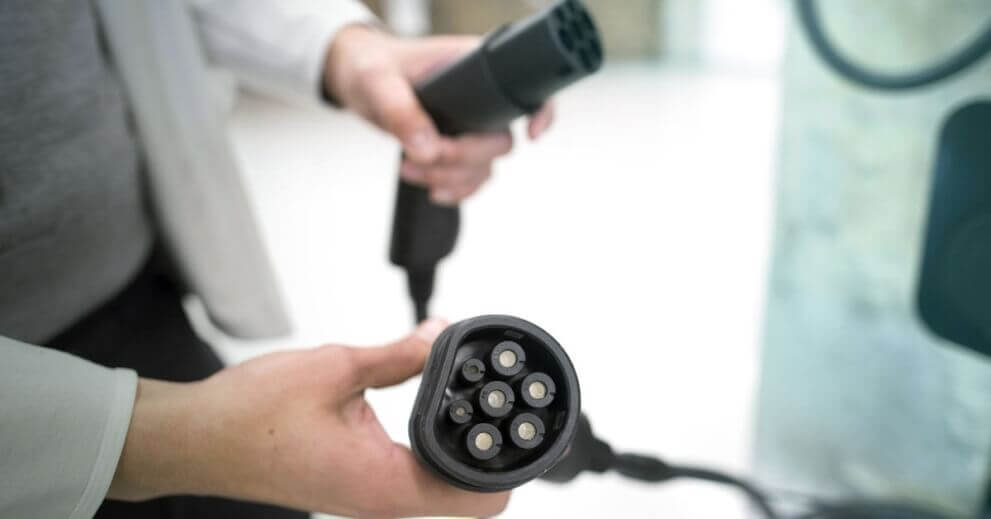Electric Ride: A Comprehensive Guide to Electric Vehicle Maintenance
Essential Electric Vehicle Maintenance Tips for Longevity

Find your tyre
READ THE DIMENSIONS OF TYRES

The popularity of electric vehicles (EVs) has been steadily increasing in recent years. According to the International Energy Agency (IEA), the demand for electric cars is booming, with sales expected to leap by 35% in a particular year after a record-breaking 2022. This surge in demand can be attributed to several factors, including increased environmental awareness, government incentives, and advancements in EV technology. People have slowly & steadily started to recognize the benefits that the EVs offer over conventional vehicles. With their eco-friendly nature and impressive performance, electric cars are quickly revolutionizing the automotive industry. Additionally, EV owners benefit from lower operating costs, as electricity generally costs less than gasoline.
However, owning an electric car also comes with certain maintenance requirements to ensure optimal performance and longevity. Let us explore the key aspects of electric car maintenance and provide you with essential tips to keep your electric vehicle running smoothly for years to come.

1. Regular Maintenance for Optimal Performance
Maintaining an EV is crucial to ensure its efficiency and longevity. Here are some key maintenance tasks that should be performed regularly:
Battery Health and Charging: The battery is the heart of an electric vehicle. Regularly monitor the battery health and keep it within the recommended temperature range. Follow the manufacturer's guidelines for charging, and avoid extreme temperatures that could reduce the battery's lifespan.
Tire Care and Rotation: Proper tire maintenance is essential for safety and efficiency. Regularly check the tire pressure and rotate the tires to ensure even wear. This will improve the vehicle's overall performance and extend the lifespan of the tires.
Brake Check: EVs often utilize regenerative braking, which reduces wear on the traditional brake pads. However, it's important to have the brake system inspected regularly to ensure optimal functionality and safety.
Fluid Levels: EVs also have fluids that require periodic checks and potential replacements, such as coolant and brake fluid. Regularly monitor these fluid levels to ensure proper vehicle operation.
2. Professional Servicing and Expert Assistance
While some maintenance tasks can be performed by EV owners themselves, certain tasks require the expertise of trained professionals. When it comes to servicing an electric vehicle, it's advisable to:
Follow Manufacturer's Recommendations: Always refer to the manufacturer's guidelines and recommended service intervals for your specific electric vehicle model. These guidelines are designed to ensure the vehicle's optimal performance and mitigate potential issues.
Choose Certified Technicians: Seek out authorized service centers or technicians who specialize in electric vehicles. They have the necessary training and knowledge to diagnose and address electric vehicle-specific concerns effectively.
Warranty Considerations: Be mindful of the warranty provided by the manufacturer. Ensure that any servicing or repairs performed outside of authorized service centers do not void the warranty. Staying within the manufacturer's approved network helps guarantee quality service and protects your investment.


3. Special Considerations for EVs
While many maintenance tasks for EVs are similar to those of conventional vehicles, there are some unique considerations to keep in mind:
Electric Motor Inspection: Unlike internal combustion engines, EVs rely on electric motors. These motors do not require oil changes but should be inspected for any unusual noises, vibrations, or performance issues. Any abnormalities should be addressed promptly.
Software Updates: EVs are equipped with sophisticated software systems that control various functions. Keep the vehicle's software up to date by installing recommended updates, usually provided by the manufacturer. These updates often improve performance, safety features, and overall user experience.
High-Voltage System Safety: Electric vehicles have high-voltage systems that require extra caution during maintenance. It's essential to follow proper safety procedures and, if necessary, consult a certified electric vehicle technician for any high-voltage system maintenance or repairs.
4. Extended Battery Life
The battery is a core component of an electric vehicle, and maximizing its lifespan is crucial. Here are some tips to extend the battery life:
Avoid Frequent Charging to Maximum Capacity: While it's important to charge your EV regularly, avoid always charging it to its maximum capacity. Instead, aim for a charge level between 20% and 80%. Charging within this range helps minimize stress on the battery cells and prolong their lifespan.
Control Extreme Temperatures: Extreme cold and hot temperatures can adversely affect the battery's performance and longevity. Whenever possible, park your EV in shaded or covered areas to protect it from direct exposure to sunlight or extreme cold. Additionally, most electric vehicles offer pre-conditioning features that allow you to warm up or cool down the cabin while still connected to the charger.
Utilize Regenerative Braking: Maximize the benefits of regenerative braking by using it effectively. Regenerative braking allows the vehicle to recover energy during deceleration or braking, reducing wear on the traditional brake pads and extending their lifespan.


5. Safety Precautions
Finally, it is vital to ensure your safety and the safety of others while servicing an electric vehicle. Here are some safety precautions to follow:
Personal Protective Equipment (PPE): Always wear appropriate PPE, such as gloves and safety glasses, when working on your electric vehicle. This protects you from potential hazards and ensures your well-being.
Disconnect Power Sources: Before performing any maintenance tasks that involve the high-voltage system, ensure that the vehicle is turned off, and disconnect the power sources, as recommended by the manufacturer. This step helps prevent electric shock and other potential hazards.
Refer to Documentation: Always refer to your vehicle's user manual or specific servicing instructions provided by the manufacturer. These documents contain important safety information and step-by-step guidance for servicing your electric vehicle.
In conclusion, properly servicing an electric vehicle is essential to ensure its optimal performance, longevity, and safety. By following these guidelines, you can effectively maintain your electric vehicle, extend its battery life, and address any specific considerations unique to EVs. Remember to perform regular maintenance, seek professional assistance when needed, and prioritize safety at all times. Owning an electric vehicle is a rewarding experience, and by caring for it properly, you can enjoy the many benefits it offers.
